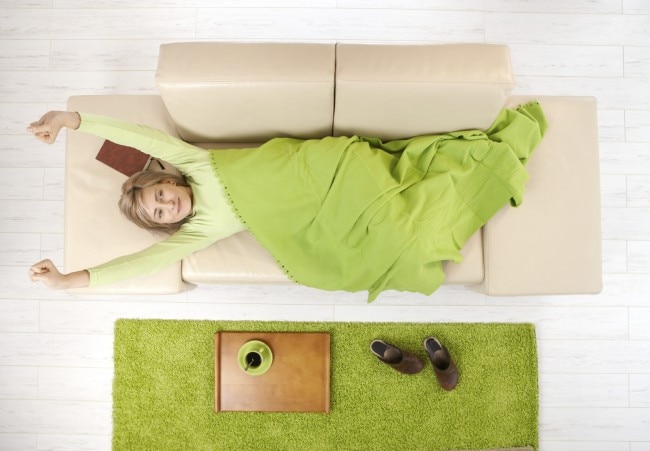The world is a complicated place. Making a deliberate, conscious decision to simplify the details, and to turn down the volume on spending and consumption, is a philosophy that’s gaining traction among an increasing number of people around the world—including consumer-driven Americans.
Known as “voluntary simplicity,” this movement spans all economic and social demographics. The term itself traces to a 1936 essay by Richard Gregg, a Quaker writer whose composition was titled The Value of Voluntary Simplicity.
Research appearing in the March 2012 issue of Development and Change magazine, a peer-reviewed journal published on behalf of the International Institute of Social Studies, The Hague, has coined a term for groups of people exploring post-development ways of living such as voluntary simplicity, calling them “hope movements.”
Though the drive to step off the consumption highway differs from one individual to the next, there are common denominators. Simplicity proponents often find that by paring down their belongings and spending habits, they remove unnecessary distractions from their lives; thereby creating the space for a more authentic type of existence—one that doesn’t measure their worth or success by what kind of car they drive (if they drive one at all), where their home is located or whether or not they can describe the plot of whichever television series happens to be the current rage.
Instead, they find that their sense of fulfillment comes from conversation, interacting more with the natural world, reading and tapping into their own creative gifts—desires largely aligned with 19th century author and philosopher Henry David Thoreau’s observation that, “the price of anything is the amount of life you exchange for it.”
An interesting response within our culture of excess is how the magazine Real Simple, founded in 2000, has grown to a monthly circulation of over 2 million per month—nearly exactly equal to that of TV Guide.
Studies like the one appearing in Psychology & Marketing journal reveal that a significant number of people drawn to voluntary simplicity have already found two of the three primary motivational markers of self-definition in their lives through consumption—esteem and efficacy. What they have failed to achieve through the possession of fancy cars, enormous houses and designer wardrobes, however, is the crucial third marker: authenticity. Self-examination and a desire for a more fulfilling, meaningful existence have led them to become anti-consumers, or proponents of simple living.
Once they stop filling their lives with possessions, practitioners of voluntary simplicity discover the space to ponder larger questions: exploring what’s personally truly important, and discovering how few material possessions a person must have before they feel that they finally have enough. Rather than be governed by a set of hard and fast rules, the tenets of simple living can have as many manifestations as there are individuals engaged in its practice. Interested?
Here are a few examples of ways to simplify your own life:
- Share, rather than purchase. A study published in the November 2010 issue of the Journal of Consumer Behavior examined sharing as a form of anti-consumption and found it to be an emerging global trend in individuals choosing to take deliberate steps to simplify their lives. Ways to implement this include exchanging produce from your garden for what your neighbor is growing; sharing child care duties; carpooling; trading clothing; and using services such as toy libraries, which allow you to check out toys for a period of time before returning them or exchanging them for others. USA Toy Library Association .
- Choose some silence. Staying informed about what’s happening in the world at large—and in your own backyard—is a socially and culturally responsible thing to do. But how much news do you really and truly need? Today, we’re inundated with news on a continuous loop that shouts out a version of the same story from every available technological portal. Strive to limit your access to a clearly defined amount of time, whether once a day, or once a week.
- Examine your spending habits. Does everything you buy absolutely have to be new? Consignment and charity shops are stocked with great deals, from winter coats to dinnerware, possibly left there by others new to simple living, who are downsizing their own lives.
- Downsize your living space. How big is big enough? If you’ve found that your home has more rooms than you really, truly use, consider a smaller house. A smaller home also equates to a smaller environmental footprint, from water use to electricity consumption. The notion that bigger is always better isn’t necessarily true.

